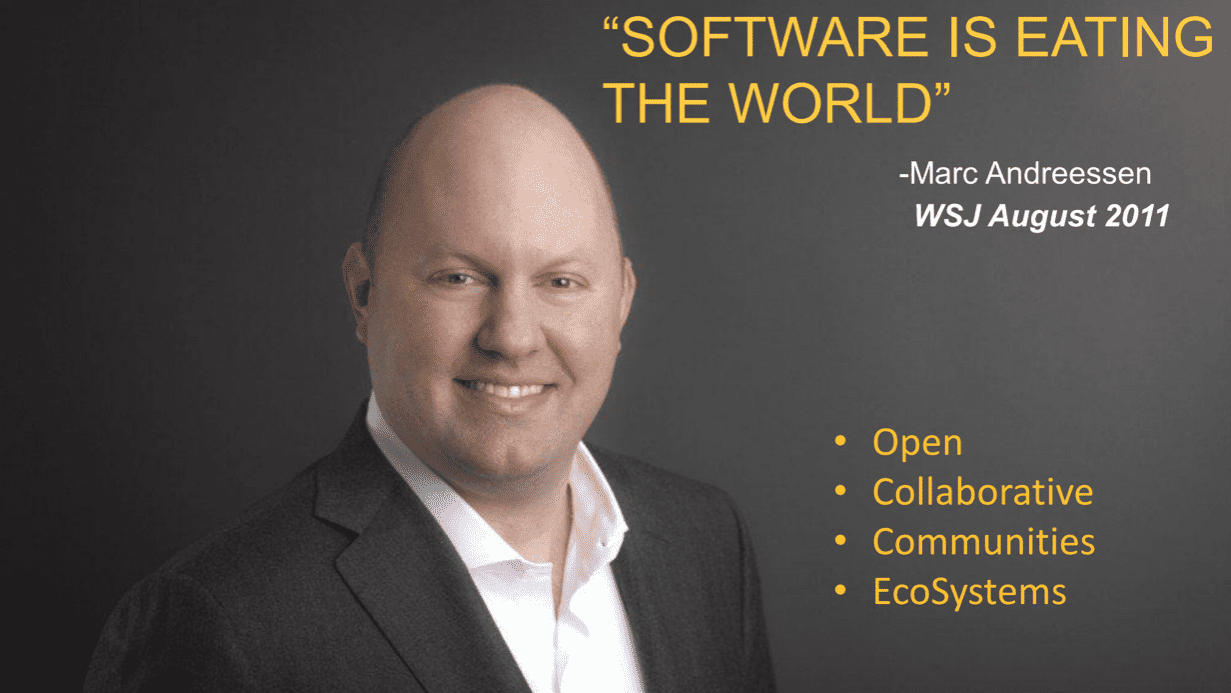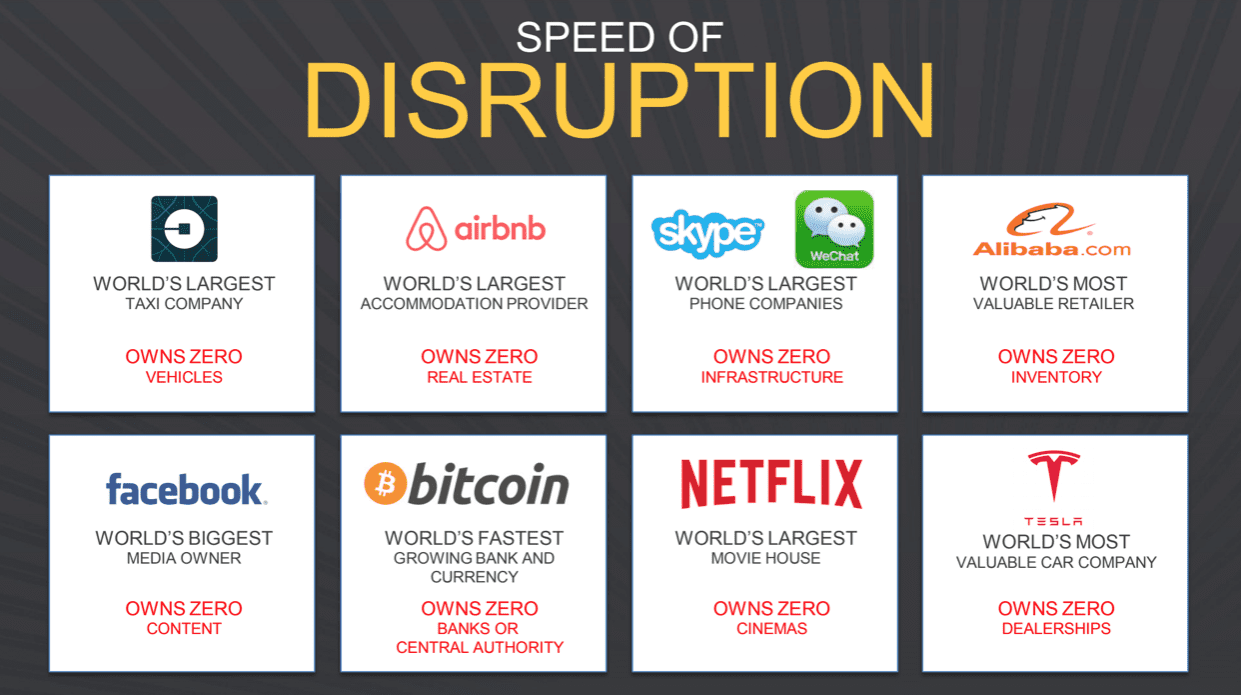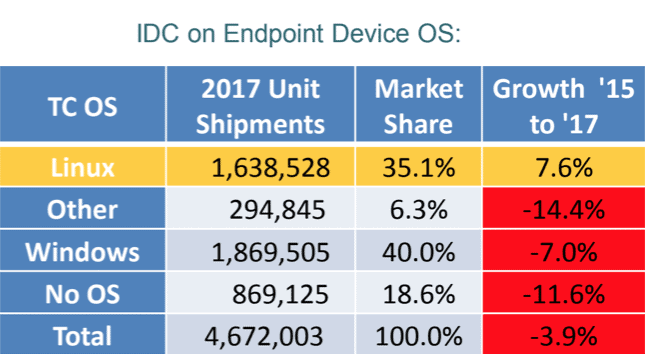IGEL Blog
Why Linux will Rule the World
Back in 2011, Marc Andreessen wrote “Why Software is Eating the World.” In his prediction he outlined key software principles that are changing the game for business. Software advantages include its openness, collaboration, communities and ecosystems making it able to not just disrupt traditional business but eat it up.
Andreessen couldn’t have been more right! Look today at companies such as Uber, the world’s largest taxi company, who owns zero vehicles. Airbnb, the world’s largest accommodation provider, who doesn’t own any real estate. Alibaba.com, the world’s most valuable retailer, who owns zero inventory. Or, Netflix, the world’s largest movie house, who doesn’t own a single cinema. To his credit Andreessen invested in many of these software companies and built one of the most valuable private equity firms on the planet along the way.
Software has gobbled up businesses we all thought were mainstays. And this speed of disruption is only accelerating with no signs that it will slow down anytime soon.
I see similar signs of disruption when it comes to Linux at the endpoint. Disruption is happening that no one would have ever expected.
Consider this. Data from the IDC Quarterly Enterprise Client Device Tracker 2017Q4 shows that Linux is the fastest – and only – growing endpoint device operating system with a 7.6% growth from 2015 to 2017. That’s right, not Windows. Windows for the same period is down -7%.
Microsoft for one. In April this year, Microsoft released a product containing its own Linux kernel: Azure Sphere. Well now that’s a change. Didn’t former Microsoft CEO Steve Ballmer once call Linux “a cancer?” Now Satya is in love with Linux both in the cloud and on the edge.
Then there’s Microsoft’s $7.5 billion acquisition of GitHub, a large open source code repository that’s exceptionally popular with developers. Since when did Microsoft become such an open source advocate? Why the turnabout?
Because like IGEL has always known, Linux is better at securing edge devices. It’s lighter, more stable and less vulnerable than Windows – by far.
At IGEL we’ve always understood software. We predicted the domination of Linux at the endpoint early on and have perfected our IGEL OS based on Linux with more than 25 years of continual improvements and a management console that is fused to our Linux OS that is unrivaled in the industry. We’ve exploited Linux’s openness, collaboration, communities and ecosystems – all the principals that made software dominate – to deliver a time-tested operating system to standardize endpoints and provide adaptive configuration and granular control for the familiar, trouble free workspace users demand. It’s become the benchmark for Linux at the endpoint. If you haven’t check out our community lead by Doug Brown join today at localhost:9000/community.
And, it’s made IGEL the fastest growing, and third largest, endpoint provider in the U.S., according to IDC. But, if today’s rapid pace of technology disruption is any indication, Linux and the IGEL OS will continue to rise and disrupt. Software driven by openness, collaboration, community and ecosystems will always win, and win big.






